I did it! I made it to the end of Golden Age, last book of the Jane Smiley century trilogy (the first two were Some Luck and Early Warning). The books are about the extended family and progeny of the Langdon family of Denby, Iowa. Each chapter covers a year in the century spanning 1920-2020. Some Luck covered the Depression, World War II and the 50s, with most action centered in Iowa until the young generation started moving away. Early Warning took us through the 80s, touching on Vietnam and the 60s, as the family proliferated through marriages and children were born. Golden Age goes from 1987 to 2020, where the Langdons’ story ends (for now, anyway).
First, I will talk about Golden Age, and then the trilogy overall. Golden Age was my least favorite of the three books. Smiley got a little too political for me. The Iraq war, 9/11, the mortgage crisis, global warming – these plot tentpoles are each seen through the lens of Smiley’s progressive politics, a little too conveniently: a family member dies on one of the planes headed toward the Pentagon, another suffers PTSD post-Afghanistan, family fortunes are lost in 2006 during the mortgage crisis. It all felt a little heavy-handed to me. But like the others in the series, Golden Age is also full of smaller, quieter moments – the moments that make up a life, or a whole bunch of lives. This makes Smiley’s chronicles so poignant. One character in her 70s is asked whether she thinks she has lived through a “golden age”, and she decides that it was a patchwork of sensual memories – stars, a pan of shortbread, her husband – that made her life a golden age, not the global events – wonderful or terrible – that had taken place during her lifetime.
Golden Age, like the period it covers, is darker, more ominous and much less hopeful than the two books that came before it. The last four chapters – 2016-2020 – are downright scary, with glimpses of a dystopia brought about by the accelerating impact of climate change and vigilante violence that cannot be addressed due to budget shortfalls. Scary stuff. I think I would have preferred Smiley end the series when she actually finished the books. The futuristic stuff was a bit too bleak for me.
Reading the trilogy, however, was a very positive experience. As I said in my Some Luck review, I am in awe of Smiley’s imagination, and how she layered this rich, enormous fictional family over her factual knowledge of farming, the environment, politics, the CIA, horse-riding, PTSD… the list goes on and on. It was an admirable experiment, and one Smiley executed beautifully. There were some characters who I enjoyed more than others – Claire, Andy, Jesse – and some who befuddled me – Michael and Richie, Arthur – and others who were just unpleasant. (Janet!). But I feel deeply embedded in their collective lives, and I can’t really believe it’s all over.
I know reading these three books is an investment and it seems kind of overwhelming, but I really recommend the series. It’s a rewarding experience and quite enjoyable at the same time. A crash course in American history!
Like the two books before it, I listened to Golden Age on audio. I had issues with the narrator, Lorelei King, during the first installment, but I got so used to her by the end that those complaints went away. I now can’t imagine having experienced these three books another way. King must have gotten to know these characters so deeply – I’d love to talk to her about what she thought of them. 14 discs is a long time (and that’s just the last book!) but I enjoyed them quite a bit. The brevity of the chapters and even the various threads in each chapter made the audio move along nicely, so even when there were some sections that dragged, they were over quickly.
Great work, Jane Smiley. I hope these books are read widely and for many years to come.
Depressing-o-meter: Too sweeping to be really depressing. 4 out of 10.



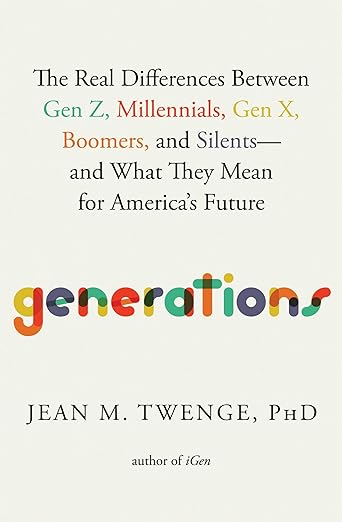

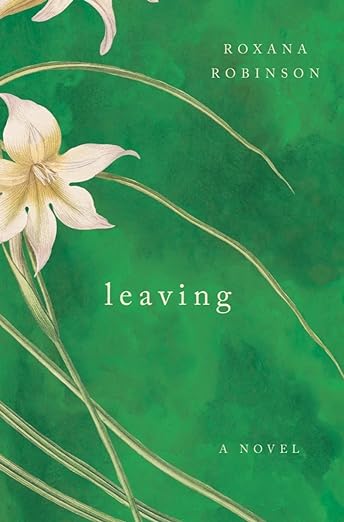
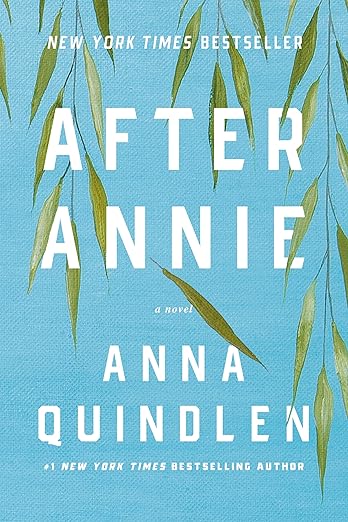
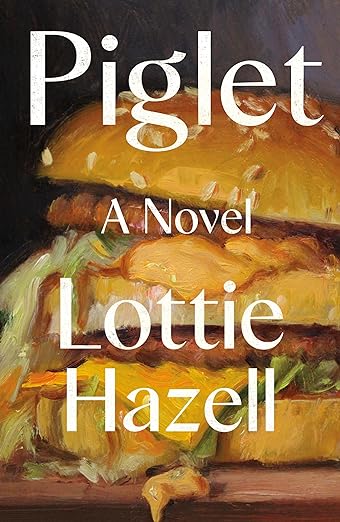
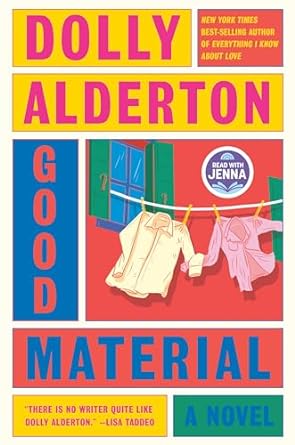
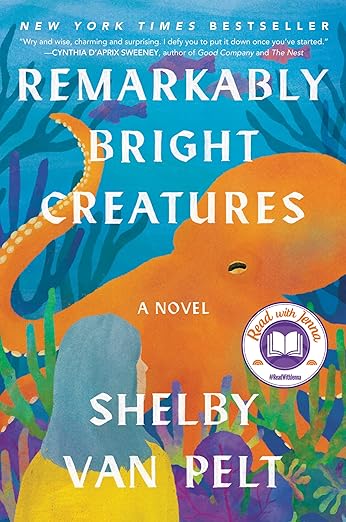
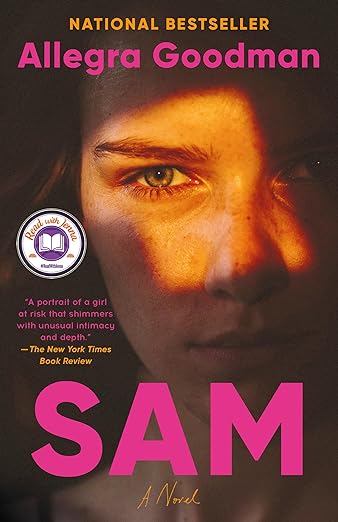
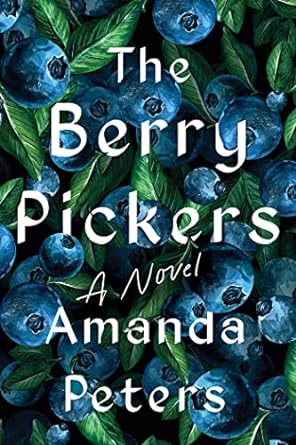
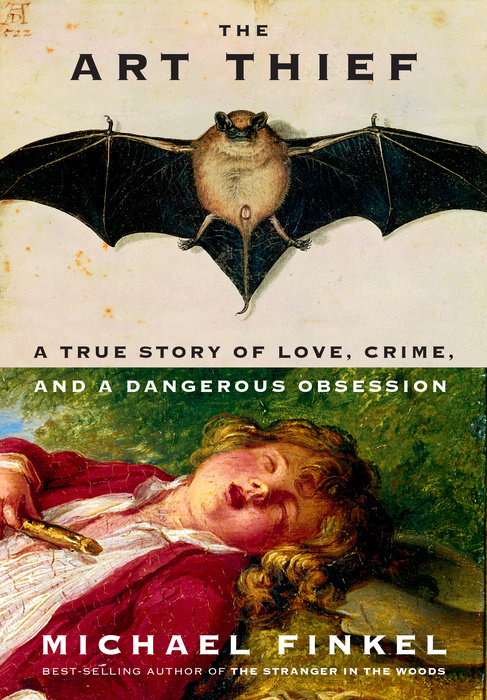
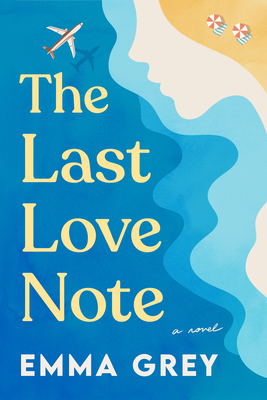
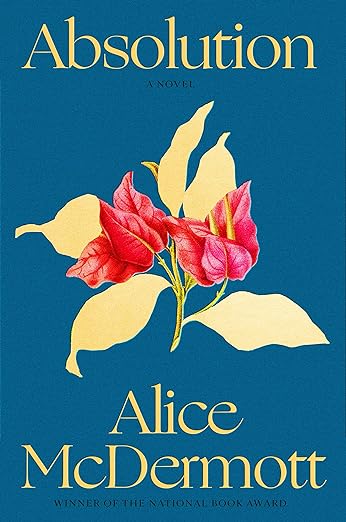
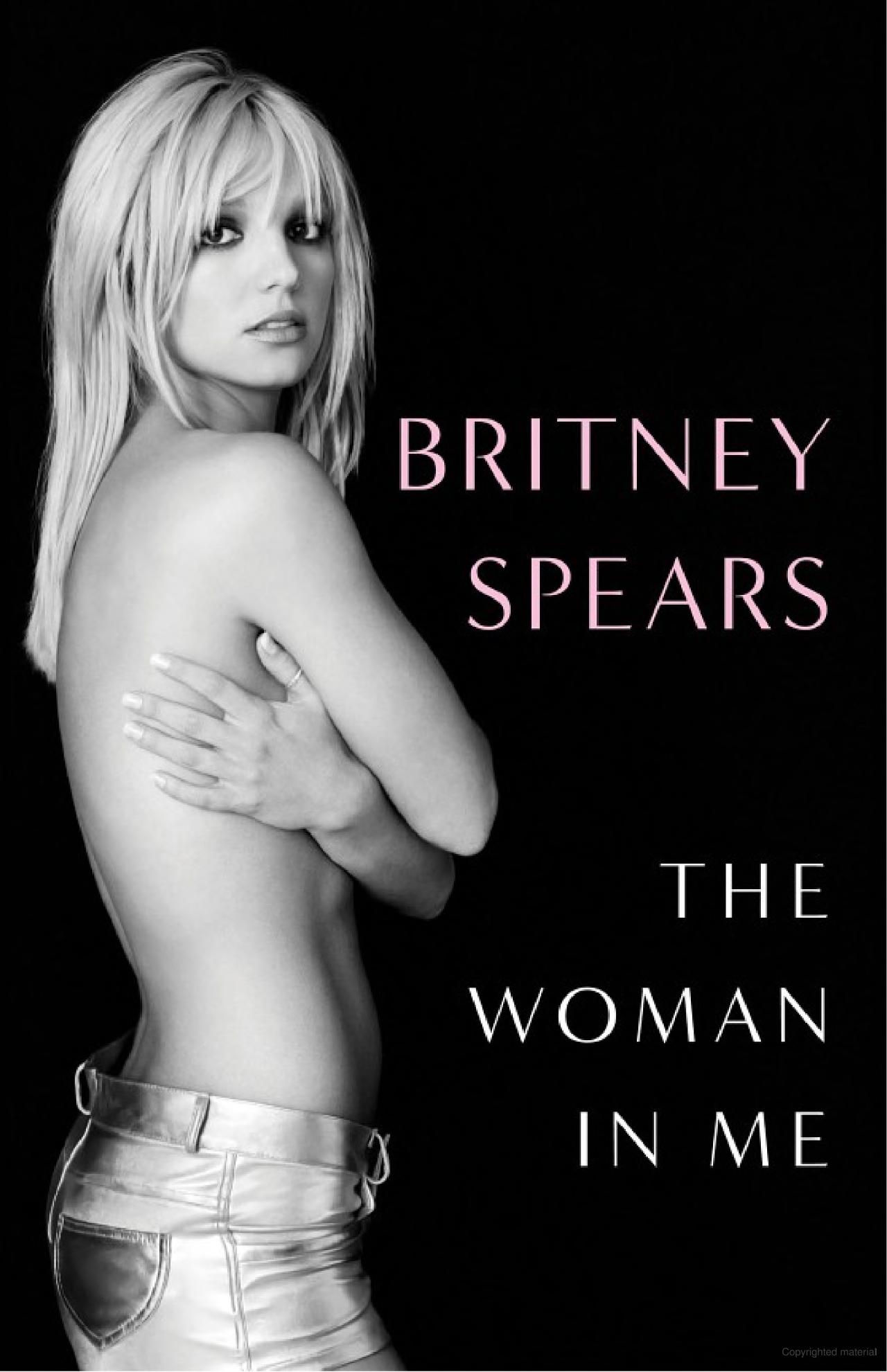
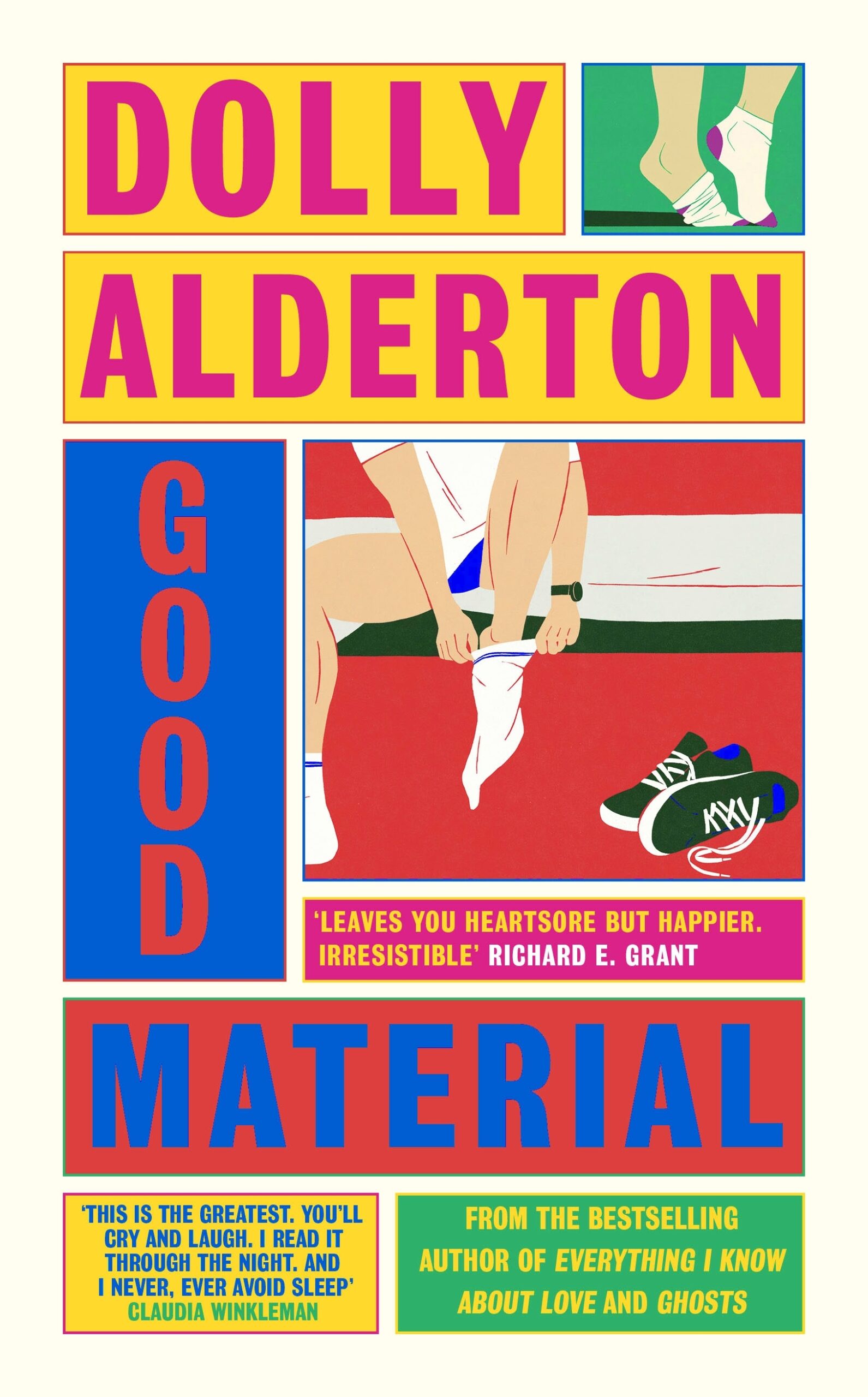
About Me
I have been blogging about books here at Everyday I Write the Book since 2006. I love to read, and I love to talk about books and what other people are reading.